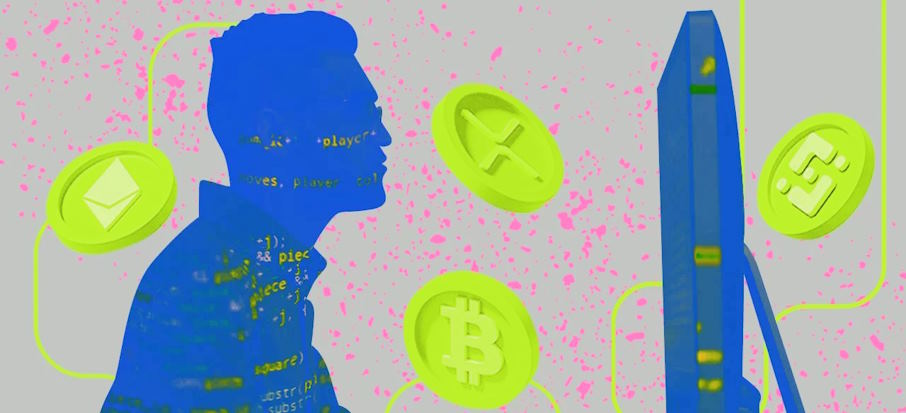Cryptocurrency has rapidly evolved beyond its origins as a speculative investment or a trading asset. While trading remains a significant aspect of the cryptocurrency landscape, practical use cases in daily life have emerged, showcasing the transformative potential of digital currencies. Here, we explore some of the practical applications of how cryptocurrencies are revolutionizing daily payments that extend beyond the realm of trading.
Remittances:
Cryptocurrencies offer a more efficient and cost-effective way for individuals to send money across borders. Traditional remittance services often involve high fees and lengthy processing times. Cryptocurrencies, with their decentralized nature and borderless functionality, enable faster and cheaper cross-border transactions.
Micropayments:
Cryptocurrencies enhancing everyday shopping that facilitate micropayments, allowing users to make small transactions that might be economically unfeasible with traditional payment methods. This has the potential to revolutionize content consumption on the internet, enabling users to pay small amounts for individual articles, videos, or other digital content.

Financial Inclusion:
Cryptocurrencies can empower the unbanked and underbanked populations by providing them with access to financial services. People without access to traditional banking can use cryptocurrencies to store value, send and receive money, and participate in the global economy.
Smart Contracts:
Blockchain, the underlying technology of most cryptocurrencies, enables the creation of smart contracts. These self-executing contracts with the terms of the agreement directly written into code automate and enforce contractual agreements.
Decentralized Finance (DeFi):
DeFi platforms leverage blockchain technology to recreate traditional financial services such as lending, borrowing, and trading without the need for traditional intermediaries like banks. Users can earn interest on their cryptocurrency holdings, access loans, and participate in a more open and transparent financial system.

Identity Verification:
Cryptocurrencies can enhance identity verification processes, providing users with more control over their personal information. Blockchain-based identity solutions offer a secure and tamper-proof way to manage digital identities, reducing the risk of identity theft and fraud.
Tokenization of Assets:
The user-friendly guide for daily use of cryptocurrency, enable the tokenization of real-world assets, such as real estate, art, or commodities. This process divides ownership into digital tokens, making it easier to buy, sell, and trade fractions of high-value assets, democratizing access to traditionally exclusive investment opportunities.
As cryptocurrency continues to mature, its practical applications in daily life are expanding. Whether it’s sending money across borders, accessing financial services, or participating in decentralized economies, the impact of cryptocurrencies is reaching far beyond the trading floor, shaping the way we interact with and perceive the financial world.




